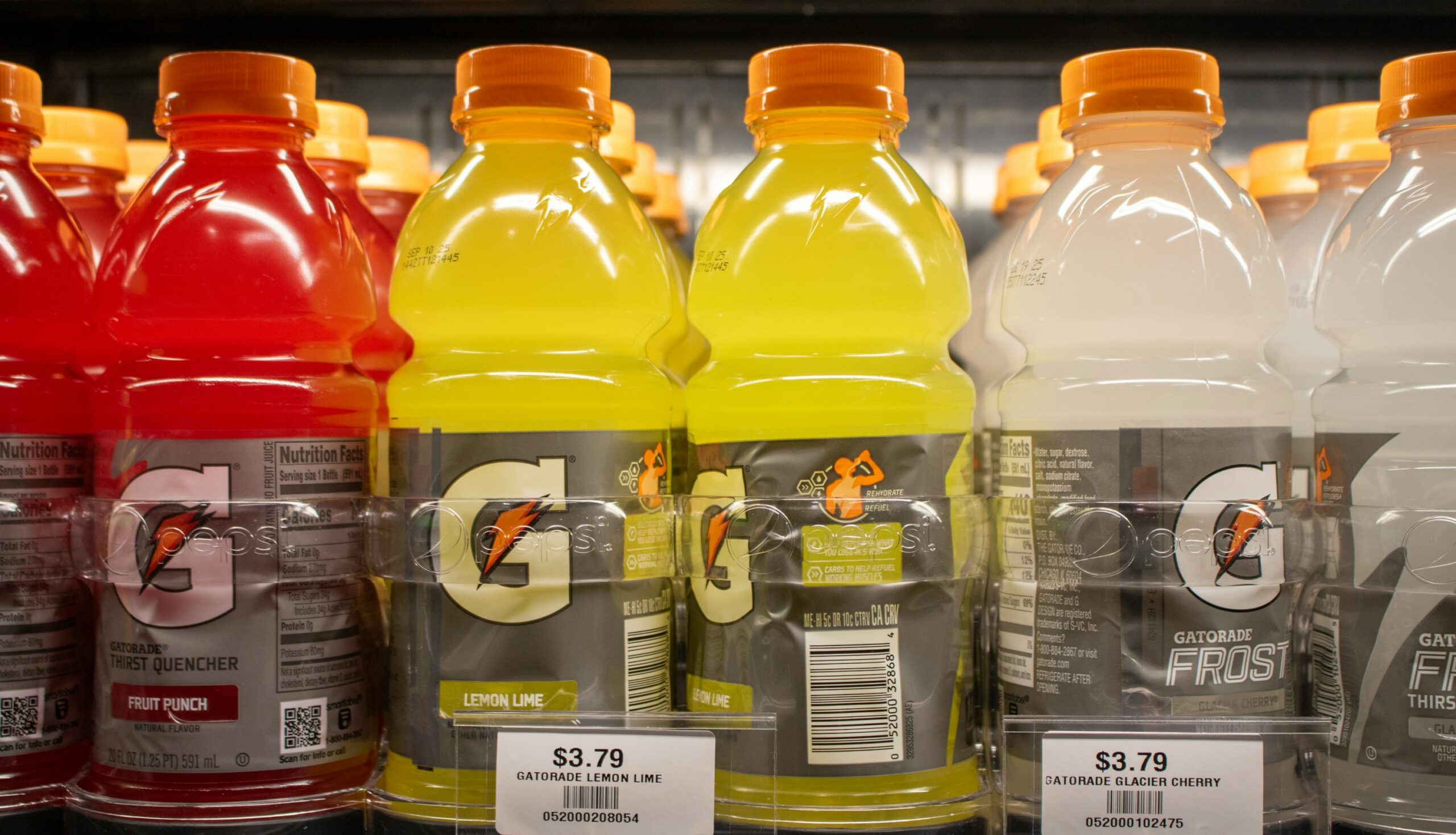
Gatorade from PepsiCo wins the lawsuit against the prohibited sprinter for “recovery gummies”
Sprinter Issam Asinga’s case against Gatorade was dismissed on Monday. Asinga claimed that consuming “recovery gummies” tainted with a performance-enhancing substance was the reason for his four-year doping ban.
Asinga, who is from Suriname, was unable to bring strict responsibility and negligence allegations because he did not argue that consuming the gummies resulted in bodily harm, according to U.S. District Judge Cathy Seibel in White Plains, New York.
Additionally, she could find no evidence that Gatorade purposefully led him to consume a prohibited substance, which would have undermined his Texas A&M University athletic scholarship and commitment to follow international anti-doping regulations.
Asinga would be “deprived of his athletic career for four years through no fault of his own,” and the court recognizes how disappointing this ruling will be for him. Regretfully, his claimed causes of action are inappropriate given the situation.
In an email, Asinga’s attorney Ali Chardon said that her client had “no way to access justice” because of the ruling, which resulted in the loss of his track career. “We think the decision is wrong, and are evaluating next steps,” Chardon stated.
Requests for response from Gatorade’s attorneys and Purchase, New York-based PepsiCo were not immediately answered.
Last May, Asinga was suspended by the Athletics Integrity Unit, which is in charge of track and field’s anti-doping program. As a result, he lost his under-20 100-meter record time of 9.89 seconds and two gold medals from the South American Championship.
In a wind-assisted time of 9.83 seconds, 20-year-old Asinga also defeated American world champion Noah Lyles in the 100-meter event.
Asinga’s lawsuit claims that when he went to Los Angeles in July 2023 to accept Gatorade’s National Player of the Year Award, the business handed him gummies laced by the substance cardarine.
He claimed that because he was unable to produce evidence of contamination from a sealed bottle of gummies bearing the same lot number, the AIU panel prohibited him.
According to Asinga, Gatorade also made a deceptive claim that the gummies were “certified for sport” by NSF, a nongovernmental organization based in Michigan that independently verifies that products are devoid of ingredients prohibited by the World Anti-Doping Agency.
U.S. District Court, Southern District of New York, case number 24-05210, Asinga v. Gatorade Co.
All Categories
Recent Posts
Tags
+13162306000
zoneyetu@yahoo.com



